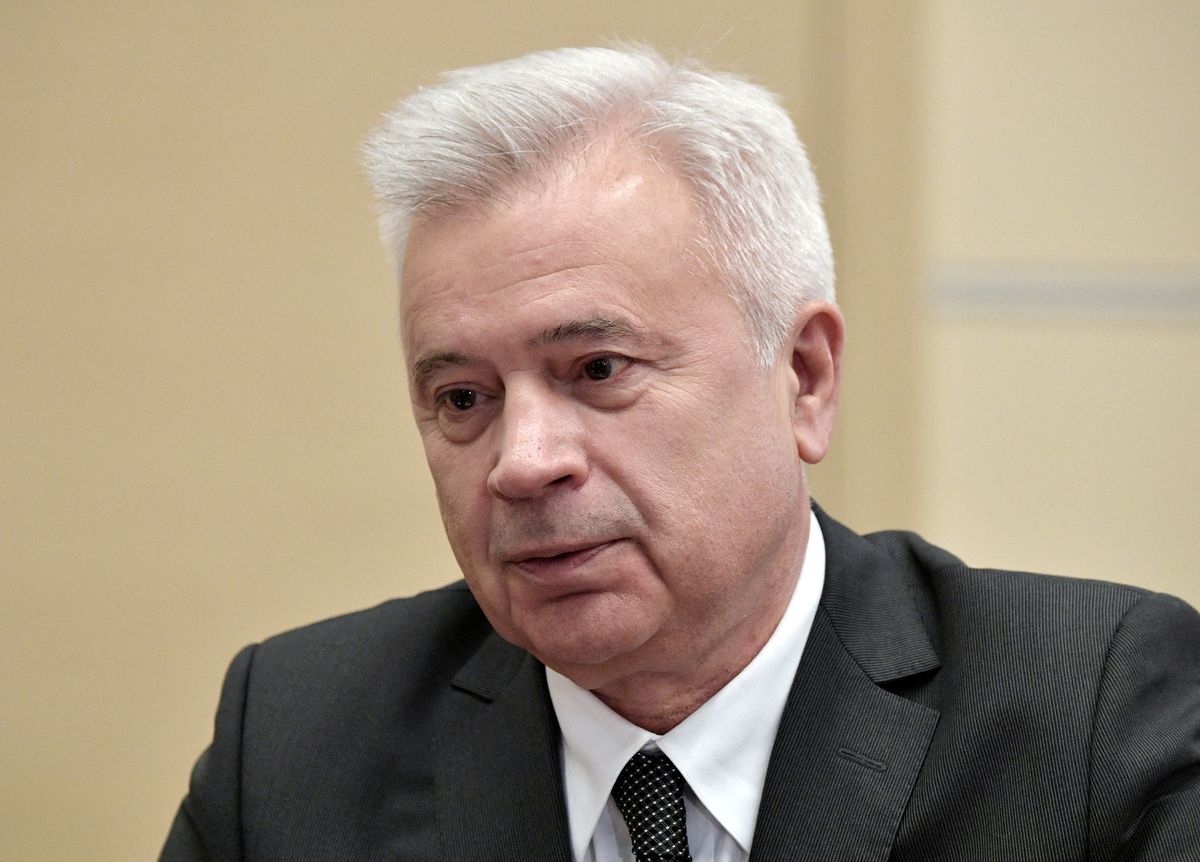Vagit Alekperov, a former Soviet deputy oil minister and a supporter of close ties between Russia and OPEC, has resigned as president of Russia’s second-largest oil producer Lukoil (LKOH.MM) and from its board, the company said on Thursday.
Lukoil did not say why Alekperov, 71, resigned or who would take over. Britain imposed an asset freeze and travel ban on Alekperov last week as part of sanctions over Russia’s military operation in Ukraine.
A source familiar with matter said Alekperov, ranked by Forbes as Russia’s 10th richest man with a fortune of $10.5 billion, decided to leave after he was sanctioned in order to protect the company’s operations. Another company source said the board would elect a new head of the company.
Several Russian businessmen, including billionaire Vladimir Yevtushenkov, have left senior management positions or given up control of their companies after being sanctioned.
Azeri-born Alekperov has been a staunch supporter of cooperation between Russia and the Organization of the Petroleum Exporting Countries. Moscow has played a major role in the informal group, known as OPEC+, in deciding production policy.
Like some other Russian businesses, Lukoil said last month it was concerned by “tragic events in Ukraine” and has called for an end to the conflict.
Lukoil, whose name derives from West Siberian oil towns of Langepas, Urai and Kogalym, increased its oil production last year to about 1.6 million barrels per day (bpd) – a level that is just below the output of countries like Qatar and Kazakhstan.
One of its biggest assets is West Qurna-2 oilfield in Iraq, which produces more than 400,000 bpd.
The company was founded in 1993 when Alekperov, who had been appointed deputy minister of the oil and gas industry of the Soviet Union in 1990, became its president and chairman.
In 2018, he said he was thinking about who would replace him. “It will not be any of my close relatives,” he said.
Lukoil said on Thursday that Alekperov owned 3.12 per cent of shares in the company as of March 31 and was a beneficiary, including through family trusts or mutual funds, of another 5.43 per cent of shares in the firm.
REUTERS




